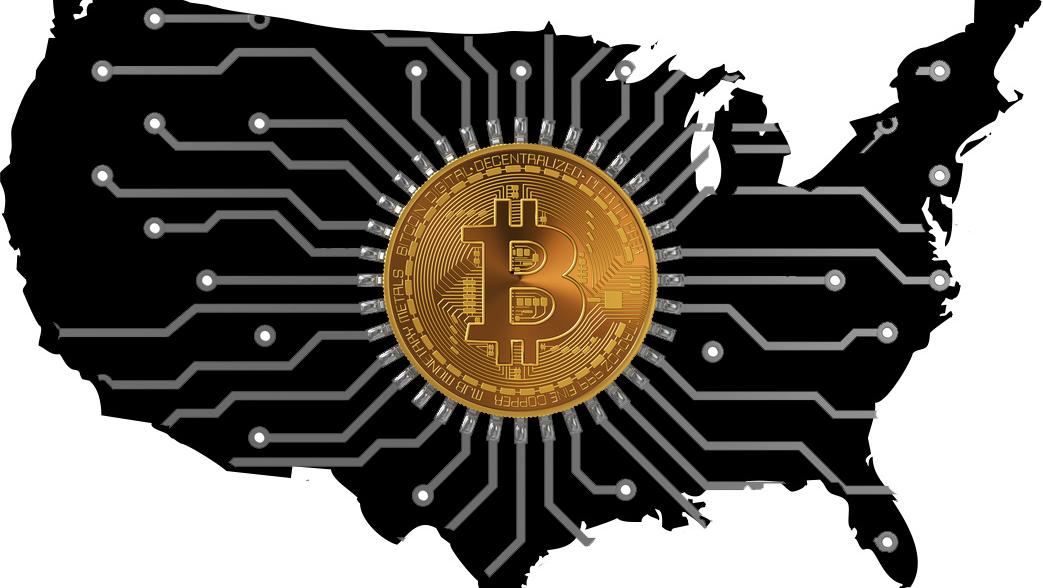PALO ALTO, Calif. (Reuters) - The Federal Reserve is looking at a broad range of concerns around digital payments and currencies, consisting of policy, style and legal factors to consider around potentially issuing its own digital currency, Governor Lael Brainard said on Check out here Wednesday. Brainard's remarks recommend more openness to the possibility of a Fed-issued digital coin than in the past." By transforming payments, us fed coin digitalization has the potential to deliver greater value and convenience at lower expense," Brainard said at a conference on payments at the Stanford Graduate School of Business.
Central banks globally are debating how to handle digital finance technology and the distributed journal systems utilized by bitcoin, which guarantees near-instantaneous payment at possibly low expense. The Fed is establishing its own round-the-clock real-time payments and settlement service and is fedcoin price today currently evaluating 200 comment letters submitted late in 2015 about the proposed service's style and scope, Brainard said.
Less than 2 years ago Brainard told a conference in San Francisco that there is "no engaging demonstrated need" for such a coin. However that was prior to the scope of Facebook's digital currency aspirations were commonly understood. Fed officials, consisting of Brainard, have actually raised concerns about customer defenses and data and privacy threats that might be postured by a currency that could come into use by the 3rd of the world's population that have Facebook accounts.
" We are collaborating with other reserve banks as we advance our understanding of reserve bank digital currencies," she said. With more nations looking into issuing their own digital currencies, Brainard stated, that includes to "a set of reasons to likewise be making certain that we are that frontier of both research study and policy advancement." In the United States, Brainard stated, issues that require research study include whether a digital currency would make the payments system safer or easier, and whether it could posture monetary stability risks, including the possibility of bank runs if money can be turned "with a single swipe" into the main bank's digital currency.

To counter the monetary damage from America's extraordinary national lockdown, the Federal Reserve has taken extraordinary steps, consisting of flooding the economy with dollars and investing directly in the economy. The majority of these relocations got grudging acceptance even from lots of Fed skeptics, as they saw this stimulus as required and something only the Fed might do.
My brand-new CEI report, "Government-Run Payment Systems Are Unsafe at Any Speed: The Case Against Fedcoin and FedNow," information the threats of the Fed's current prepare for its FedNow real-time payment system, and propositions for main bank-issued cryptocurrency that have actually been called Fedcoin or the "digital dollar." In my report, I go over issues about personal privacy, data security, currency control, and crowding out private-sector competition and development.
Proponents of FedNow and Fedcoin say the federal government needs to develop a system for payments to deposit quickly, rather than encourage such systems in the economic sector by lifting regulative barriers. But as kept in mind in the paper, the personal sector is offering a seemingly endless supply of payment innovations and digital currencies to solve the problemto the degree it is a problemof the time space between when a payment is sent and when it is received in a bank account.
And the examples of private-sector development in this location are numerous. The Cleaning House, a bank-held cooperative that has actually been routing interbank payments in numerous forms for more than 150 years, has actually been clearing real-time payments because 2017. By the end of 2018 it was covering 50 percent of the deposit base in the U.S.